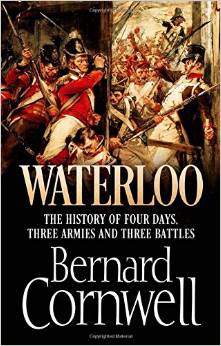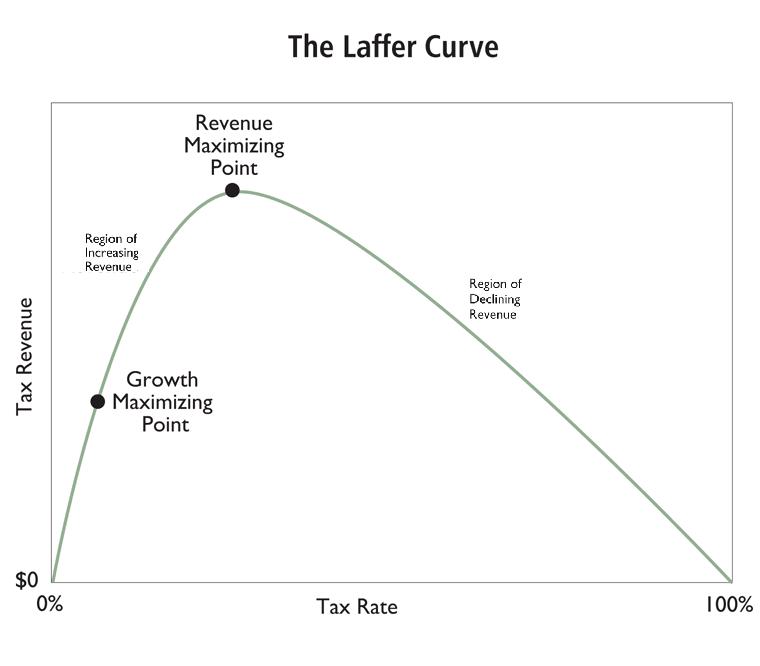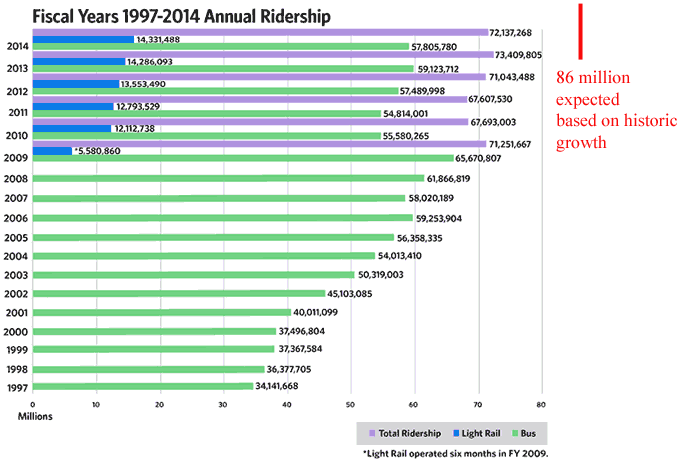I’d already been tinkering with the idea of writing a YA story, something for Ranger’s Apprentice fans to move on to.
Commercially, the idea was, “They’re going to read Bernard Cornwell when they are older; let’s take some money off them now.” However, my main motivation was wanting to write something my son could read — the magnum opus my agent was shopping owed too much to the War of the Powers (Am I the only person who remembers that series?). I also wanted to follow in the footsteps of Ronald Welch, the YA writer I read when I was a kid.
Welch was a WWII veteran turned grammar school teacher. He wrote what we would now call YA books about young officers finding their place, and he did it in just about every major conflict involving English combatants from the Horns of Hattin, through Marlborough’s campaigns, to his chronologically last book, Tank Commander, which is an utterly awesome tale of World War One, culminating in the Battle of Cambrai, the first modern tank assault.
We’re not talking trash here. Each book was well researched, the writing is good — he even won a Carnegie Medal for Knight Crusader, which puts him in the same ballpark as Rosemary Sutcliff. As far as I can see, his star faded after his death, not because of his quality as a writer, but because he became unfashionable:
- His books simply have boy cooties. They are about young men learning leadership and responsibility while being shot at and shooting back without qualms … doing their job in adverse circumstances.
- He’s not an anti-imperialist. I don’t think he’s pro-imperialist either. He just tells things as they were with people accepting the ethos of the time. His characters generally show matter-of-fact respect for other cultures, but don’t question their own right to be in Palestine or India or wherever, or question very much at all.
- He’s not anti-war. His fight scenes also go all the way up to 11 on the Conan Scale. I don’t think he likes war, but — having fought in WWII — he sees it as necessary, and the experience itself as worthy of writing about.
This last, bears further examination.
Modern war books aimed at younger people tend towards:
OMG my best friend just got killed. Look at that dying horse. War is Hell. At least I and my friends will (drum roll) Preserve Our Humanity.
Ronald Welch, who pulls absolutely no punches, by the way, is more:
OMG my best friend just got killed. You there, put that dying horse out if its misery. War is Hell. Watch the left flanks chaps and some of us will get to live through it. I said WATCH THE DAMNED LEFT FLANK!!
It’s all about taking responsibility, keeping presence of mind, in just about the most hostile human environment.
Very few young readers will grow up to be soldiers. Many of them, however, will face crappy situations. At work when a project implodes. Socially when people turn on them. In a family when a child is very sick, or when a marriage breaks down or turns abusive…
In all those circumstances, there are points neither for maintaining a personal moral hygiene nor for being sensitive. If everybody is going to get through this thing, somebody has to watch the left flank. That person may well be you.
And that’s the kind of book I wanted to write.
M Harold Page, “Shieldwall: Barbarians! Writing and self-publishing an old school boy’s young officer story set in Attila’s invasion”, Charlie’s Diary, 2015-06-03.
![]() Yesterday, Arenanet announced that the first Guild Wars 2 expansion, Heart of Thorns is now available for pre-purchase at http://buy.guildwars2.com. There is still no definite release date, but pre-purchasing will allow you to take part in the upcoming beta weekend events (just as they did for the original game).
Yesterday, Arenanet announced that the first Guild Wars 2 expansion, Heart of Thorns is now available for pre-purchase at http://buy.guildwars2.com. There is still no definite release date, but pre-purchasing will allow you to take part in the upcoming beta weekend events (just as they did for the original game).






